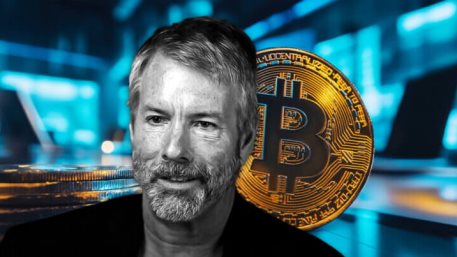
In response to the cheap shots at President Zelenskyy for being a comedian before he was elected…
Life is a joke. People without any tact would likely dismiss this assertion as being nothing more than the rumblings of a nihilist with existential anxiety, but just stop for a moment and think about what a joke actually is. Telling a well-structured joke requires a strong sense of rhythm and impeccable timing. To put it simply, it is quite difficult to awe your audience if you put the punch line before the joke itself, unless you are Dave Chappelle.
To make progress is to move forward, which is predicated on one's sense of rhythm. And to know when to make your next leap forward, one needs the fastidiousness of a Swiss watch. In other words, human progress and endeavour can simply be portrayed as a good comedy or the ability to make people move with vigour.
Indeed, a well-structured joke can mean the difference between progress and degradation to the point of marred mediocrity. And who better to make the judgement calls necessary to induce the former and avoid the latter than a comedian? For make no mistake, laughter in its most intrepid form - satire - has been a driving force of the liberal ideal ever since its infancy in Europe.
It is a commonly-held belief that the French revolution, which gave rise to the nation-state and modern liberal ideals, was prompted by myriad reasons ranging from the discontent with high taxes to the burgeoning desire for freedom from the tyranny of monarchy. The truth of the matter is that before Parisians took to the streets and stormed the Bastille, it was in taverns, clubs and cafés where their frustration with monarchy started to manifest itself. Before people could find the resolve to march against the king, they had to learn how to laugh at him. And it was precisely in such social gatherings where people's frustration vented itself through satire and comedy.
And it is for that reason why people need once again to learn the difference between intentional satire and unintentional buffoonery, for to learn how to laugh at tyrannical oppression is to know how to emancipate yourself from fear of its reach. In today's political zeitgeist, especially in the west, a cultural war is being waged for what we can laugh at and what we cannot. The unfortunate victim of this war has been our shared sense of right and wrong. Dissent and rancour flourish where right is wrong and wrong is right, which is why we again need satire to shine through the veil of obscurity and guide us forward.
Не вірте фейкам. pic.twitter.com/wiLqmCuz1p
— Володимир Зеленський (@ZelenskyyUa) February 26, 2022
What is the making of a good comedian? A good comedian knows how to captivate their audience with jokes that are rooted in reality but are massively exaggerated, oftentimes to the point of absurdity. This particular ability of the comedian to embellish the false while clinging on to the true makes comedy and satire such an indispensable tool in the struggle against all mendacity and deception.
Above all, a comedian jokes with reality, but he does not make reality a joke. By having one leg firmly grounded in 'what is' and the other in 'what could be', the comedian, with his sense of rhythm and timing, is best-suited to move his audience, to spark an idea in them, to make progress. But what sets apart a comedian from a clown? Plainly speaking, the latter is detached from reality and his audience.
Talks with President of France Emmanuel Macron https://t.co/kP4bXUKPgl pic.twitter.com/BwoGCIlLIs
— President of Russia (@KremlinRussia_E) February 7, 2022
Where the former would exaggerate reality, the latter abolishes it. A clown loses his grip on the real and creates a completely imagined world for himself where he can make his audience laugh not at the inadequacies of reality but at the weirdness of his illusion. A clown does not embellish reality, he detests it. Whereas a comedian would always keep one leg in the real world, a clown would embrace the fantastical one.
But most significantly, a comedian would invite his audience to laugh with him, whereas a clown would inadvertently incite laughter at him. A clown, therefore, has no use of rhythm or comedic timing because he does not need to operate in accordance with reality. And while a comedian can certainly make a good leader, a clown with power would make for a recipe for disaster.
I would like to finish with a poignant quote by Thomas Paine, one of the insurmountable humanists from the early days of the birth of the liberal ideal, inviting you all to refine our taste for comedy:
" The difference between a republican and a courtier with respect to monarchy is that the one opposes monarchy believing it to be something, and the other laughs at it knowing it to be nothing."




















